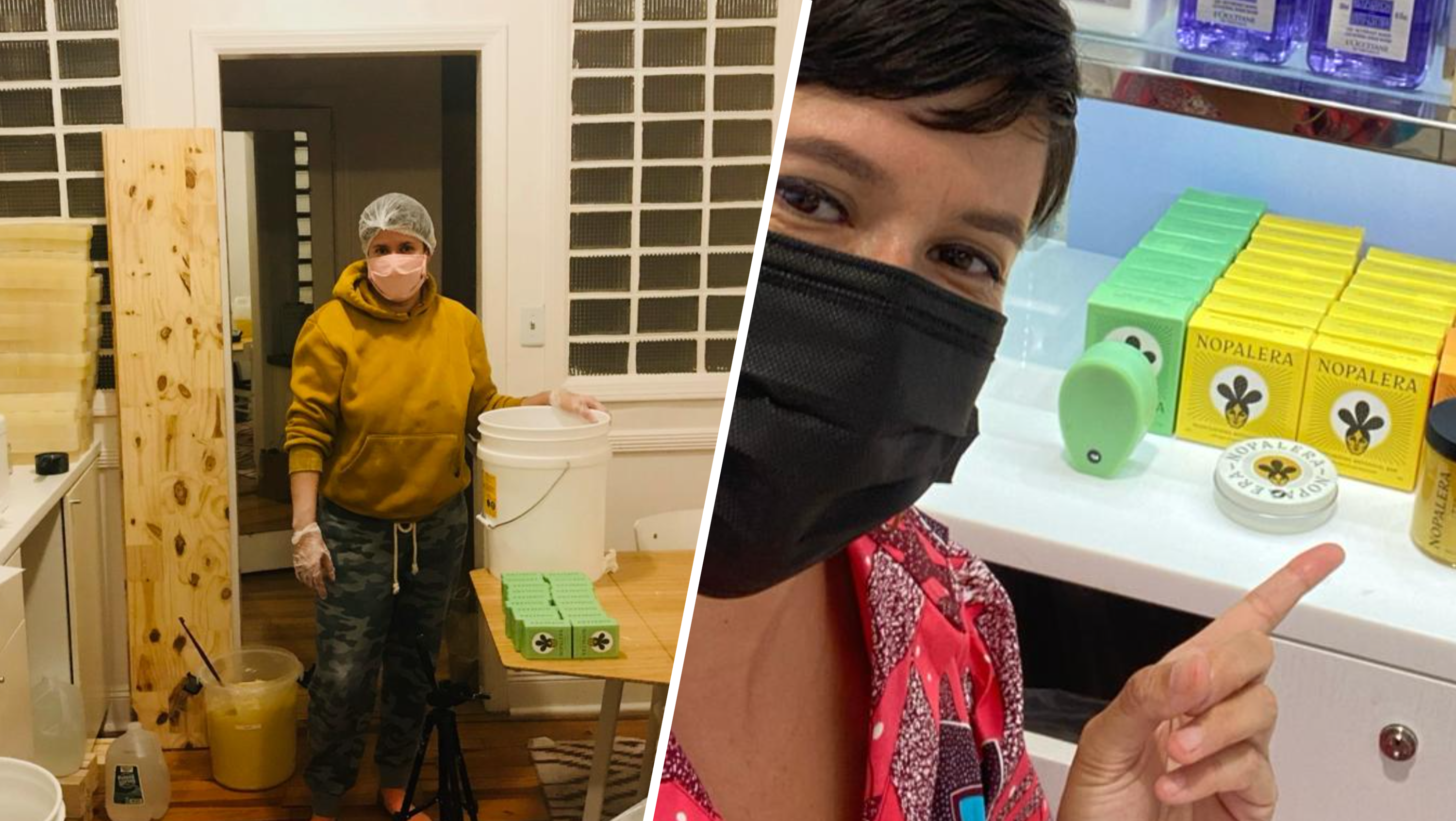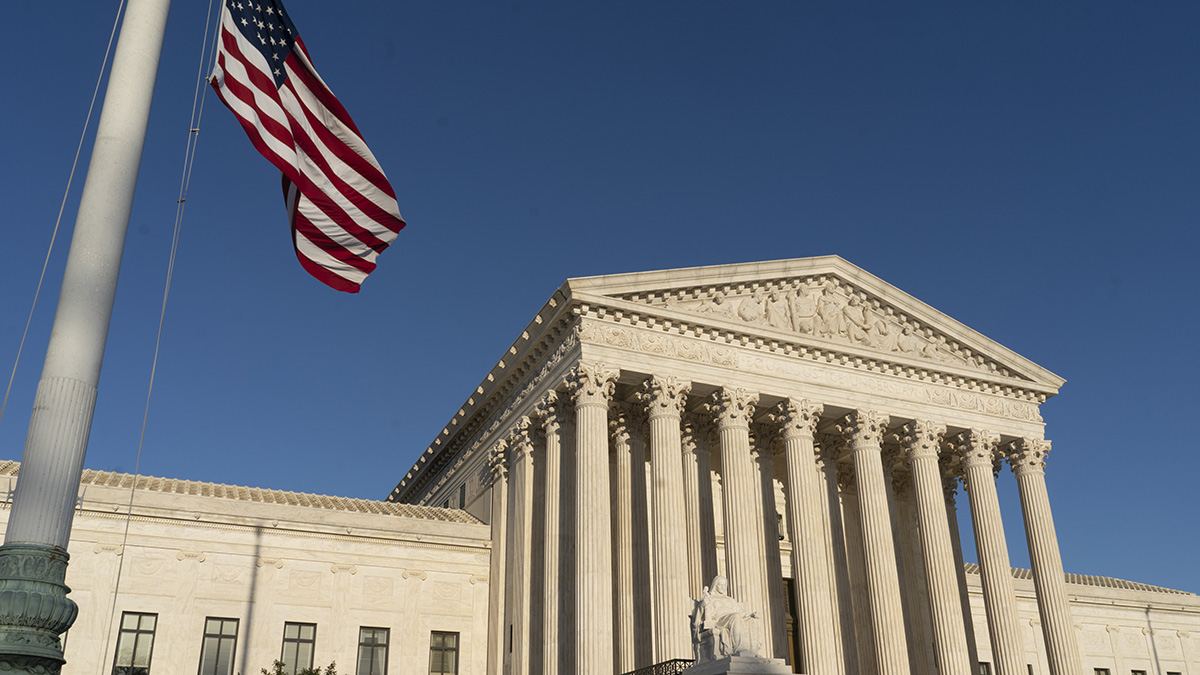From AAC Technologies to Zeniya Aluminum, we now know who makes the parts for the iPhone and everything else Apple makes.
The Cupertino company released its list of suppliers today . Apple has been, in the past, closed-mouthed about where most of the specific parts of its devices originate, citing competitive secrecy.
It's not entirely clear why Apple chose to release the list, though the company has been under growing criticism for employing contractors who do not treat employees well.
In a recent episode of "This American Life," playwright Mike Daisey ("The Agony and the Ecstasy of Steve Jobs") described his trip to the Foxconn factory which makes high tech products, where he spoke to hundreds of young factory workers who complained of long hours and substandard conditions.
"I do not speak Mandarin. I don't speak Cantonese. I only have a passing familiarity with Chinese culture. I do know in my first two hours of my first day at [the factory] gate, I met workers who were 14 years old, 13 years old, 12. Do you really think Apple doesn't know? In a company obsessed with the details, the aluminum being milled just so, the glass being fitted perfectly into the case, do you think it's credible they don't know? "
Apple has not addressed Daisey's criticism directly, but did issue a separate human rights report today which said "we have a zero-tolerance policy for underage labor, and we believe our system is the toughest in the electronics industry."
Apple says its trained more than a million employees on their rights and is working to "reach deeper into our supply base" to find the suppliers of suppliers.
U.S. & World
News from around the country and around the globe
The Wall Street Journal, however, was quick to point out "Apple's suppliers were in compliance with the company's code of a maximum of a 60-hour work week only 38% of the time."
The same report said 97% of Apple's suppliers were "compliant" in preventing underage labor. The company says it found six incidences of underage workers actually in factories and 13 more cases pointing to past violations.
Apple says it does not think those factories knew the children were underage, but criticized the suppliers for not working harder to verify birthdates. Apple requires companies caught with child laborers to send the children back to school and pay for the child's education.
Among the other violations Apple found:
* 18 facilities tested workers for hepatitis, 24 for pregnancy, and "lacked procedures to prevent discrimination" against those workers. Apple says it pointed out to the suppliers that while local law may allow them to fire workers based on health conditions, Apple does not permit it.
* 93 facilities worked half their workers too long, at least in some instances. Other violations included factories that did not provide workers with a written pay slip, facilities which docked pay as punishment and 108 which did not pay overtime.
Article edited to fix spelling of Daisey's name and to add the word "the" to the title of his one man show.



